20 Most Overrated Classic Rock Bands of All Time
Rock history is full of electric moments, but not every band that made noise deserved the endless praise. Over time, a few names have been elevated to near-mythic status, sometimes for reasons that go beyond the music. This list is a gentle reality check to remind us that hype can be just as loud as a guitar solo.
The Eagles
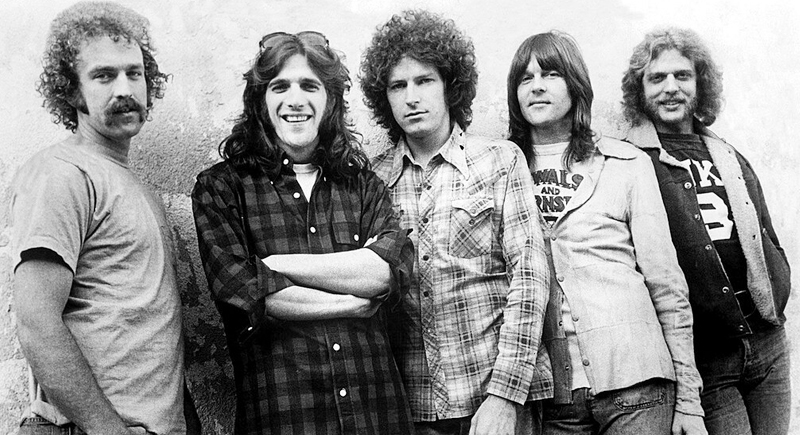
Credit: Wikimedia Commons
Very few bands captured the 1970s California sound like The Eagles. Still, Hotel California became both their triumph and their trap. Beneath that fame lies a safe, predictable formula that never quite cut loose.
KISS
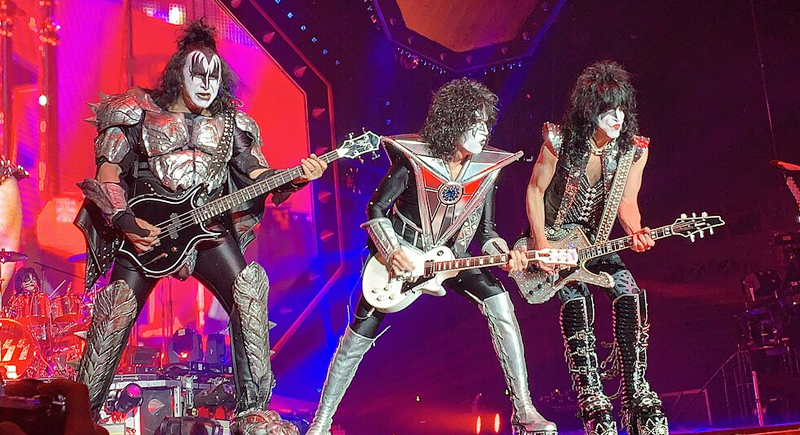
Credit: Wikimedia Commons
KISS could turn any stage into a circus that generally included fire, blood, leather, and noise. Their concerts were unforgettable, but the songs powering them often weren’t, as many fans pointed out. Rock and Roll All Nite, for instance, feels like a marketing piece.
Journey
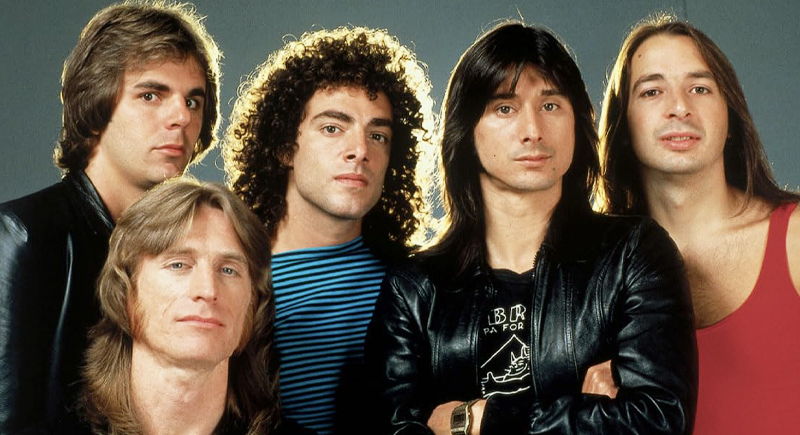
Credit: IMDb
For better or worse, Journey’s optimism defined 1980s rock radio. With Steve Perry’s golden voice and melodies tailor-made for road trips, they became the kings of feel-good anthems. Yet that same predictability dulled their creative spark. Don’t Stop Believin’ will never die, but it also never really changed.
Fleetwood Mac
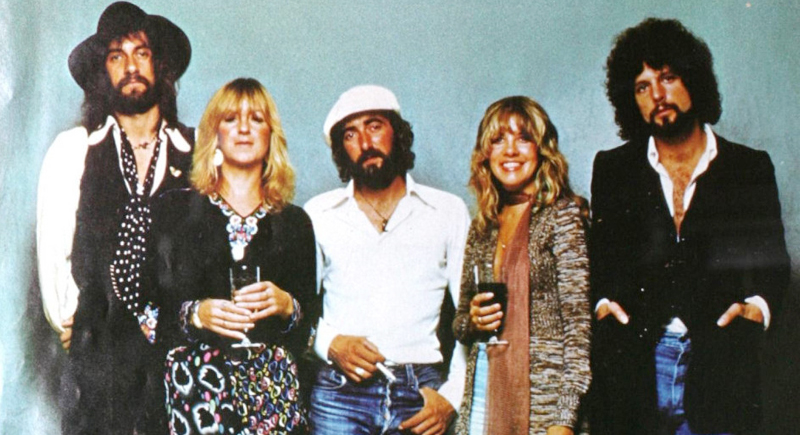
Credit: Wikimedia Commons
The drama behind Rumours fueled one of rock’s greatest albums, but it also became their shadow. Later releases chased that same magic with mixed results. They remain a cultural fascination, but sometimes the soap opera is remembered more fondly than the songs themselves.
The Rolling Stones
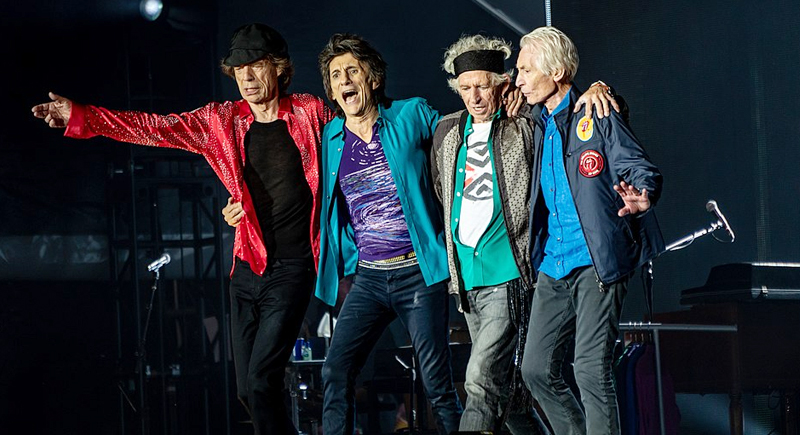
Credit: Wikimedia Commons
The Rolling Stones have outlasted nearly everyone, but their newer material often recycles old riffs. Longevity doesn’t always mean reinvention. Their early albums defined rebellion, and Mick Jagger still works a crowd, but the edge dulled long ago.
U2
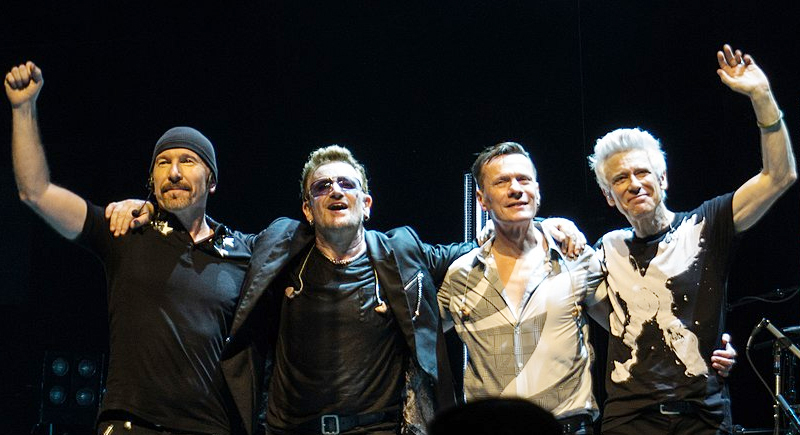
Credit: Wikimedia Commons
Some call U2 the conscience of rock, while others call them the loudest preachers with guitars. From Sunday Bloody Sunday to Beautiful Day, their sincerity is undeniable, but so is their tendency toward grand gestures.
Nirvana
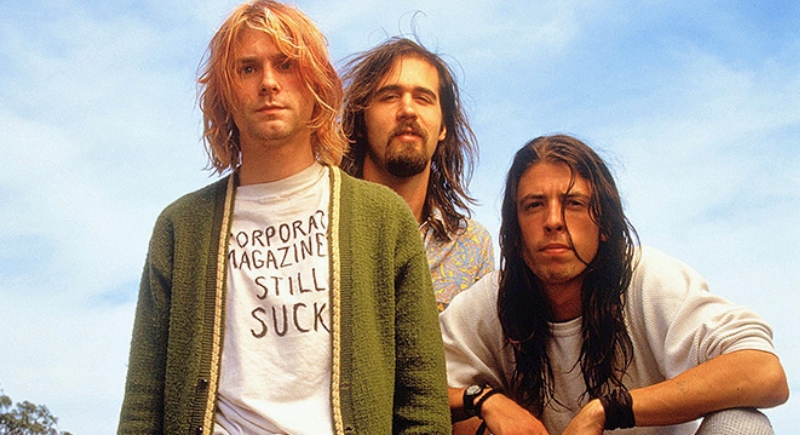
Credit: Wikimedia Commons
When Nirvana emerged from Seattle’s underground scene, rock music shifted overnight. Their sound, often described as gritty, emotional, and unapologetically raw, cut through the polished noise of early ’90s radio. Smells Like Teen Spirit became an anthem for restless youth, yet with time, their story outgrew their songs. The tragedy surrounding Kurt Cobain turned the band into a legend.
Pink Floyd
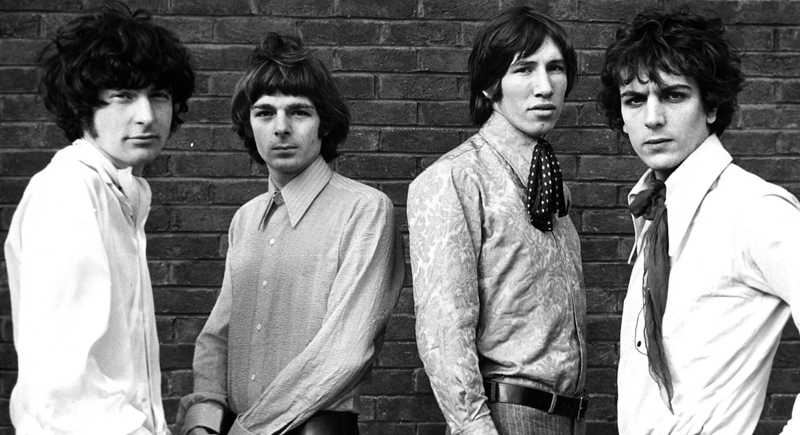
Credit: Wikimedia Commons
Pink Floyd pushed rock to its limits by favoring intelligence over adrenaline. The Wall and Wish You Were Here turned personal struggle and isolation into sprawling sound experiments. The results were groundbreaking, but not always easy to digest. They aimed for depth, and sometimes hit brilliance but other times, fans find their songs hard to understand.
Boston
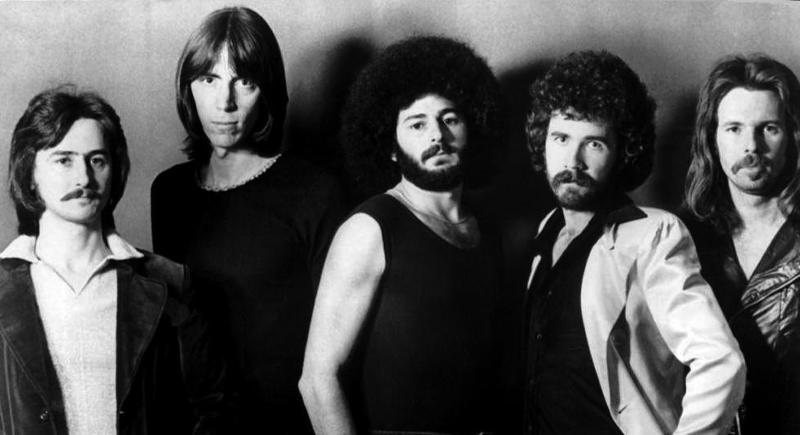
Credit: Wikimedia Commons
Tom Scholz built Boston’s debut in a basement, and it sounded like it came from outer space. More Than a Feeling was a technical masterpiece that still holds up. The problem was that they could never top it. Later albums chased that same lightning with diminishing spark, but the human touch got lost in the mix.
Bon Jovi
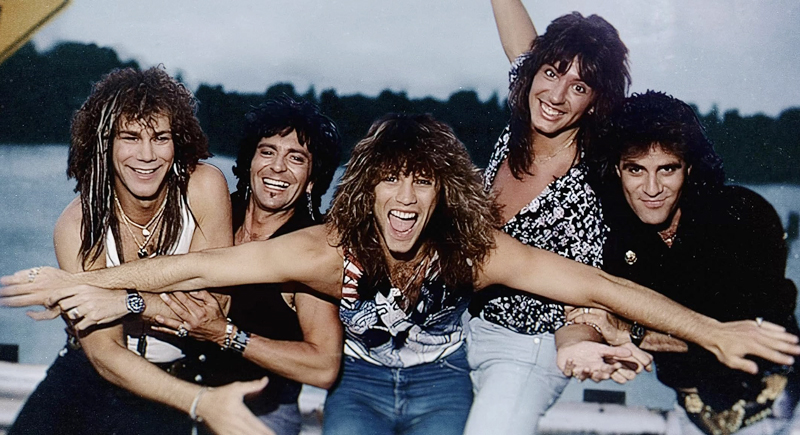
Credit: IMDb
Nothing captures the 80s quite like a crowd shouting along to a Bon Jovi chorus, fists raised and smiles wide. Songs like Livin’ on a Prayer and You Give Love a Bad Name turned hard rock into a mass celebration. Their optimism was infectious, but still, many complained that their formula rarely evolved.
The Who
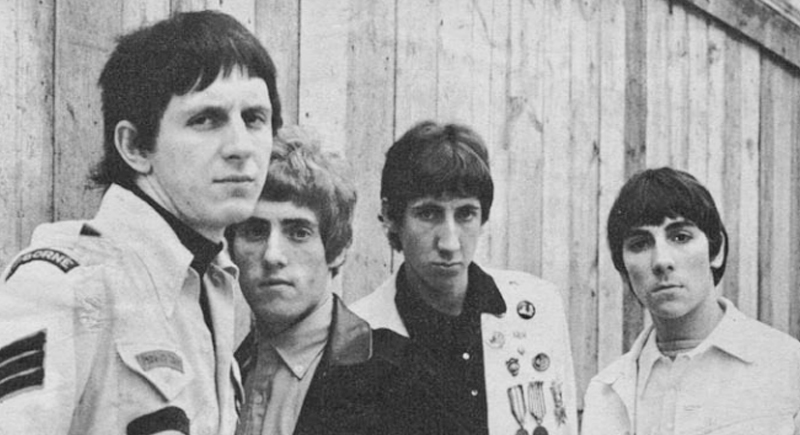
Credit: Wikimedia Commons
Explosive, theatrical, and endlessly ambitious–that was how The Who made rock fans feel with their songs. Their vision gave the world Tommy, Quadrophenia, and the unforgettable roar of Baba O’Riley. But, for every moment of brilliance, there were experiments that didn’t quite land. They broke boundaries and instruments alike, but their greatness was never consistent.
Lynyrd Skynyrd
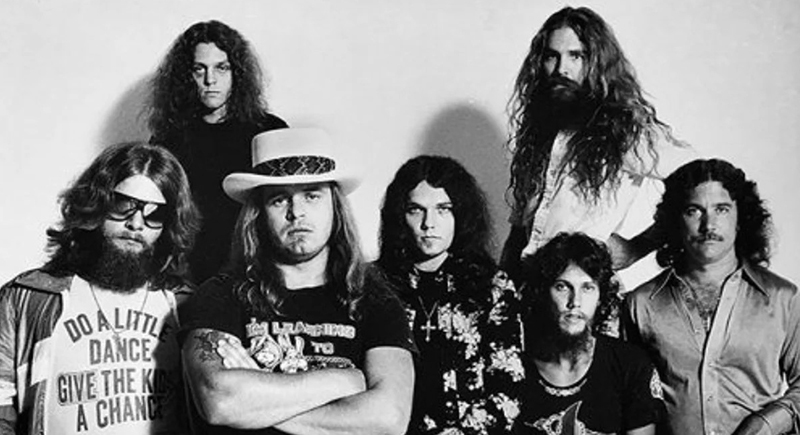
Credit: Wikimedia Commons
Southern rock wouldn’t exist in the same way without Lynyrd Skynyrd. Their mix of blues, grit, and country swagger made Free Bird and Sweet Home Alabama timeless staples. Still, those songs cast long shadows over the rest of their catalog, which often leaned on familiar grooves and familiar themes. They stood proudly by their roots, even when those roots kept them from growing.
Def Leppard
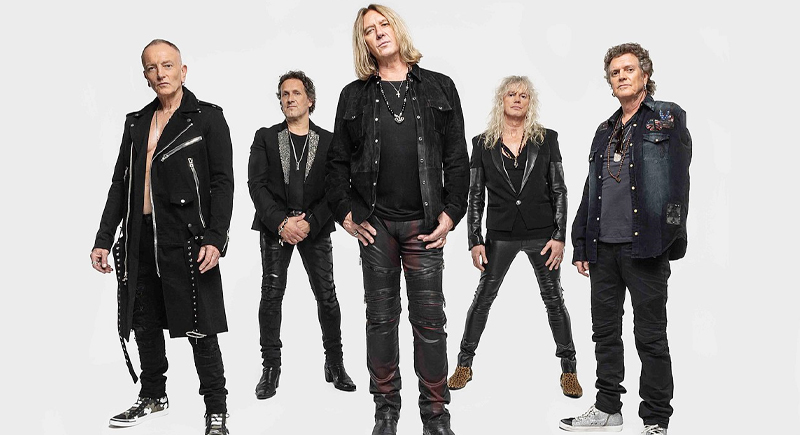
Credit: Wikimedia Commons
Def Leppard defined ’80s rock with precision and power. The band chased perfection on Hysteria, a record that pushed studio limits until every note shone. Songs such as Photograph and Pour Some Sugar on Me ruled radio and MTV. However, some felt that the emotion often slipped away.
Oasis
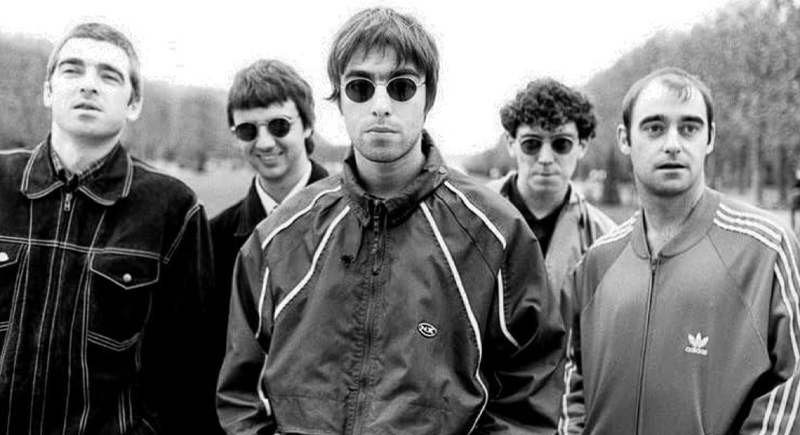
Credit: IMDb
Oasis’s debut, Definitely Maybe, reignited British rock with swagger and melody, but the Gallagher brothers’ feuds soon became the main attraction. Wonderwall and Champagne Supernova turned them into global icons, but their sound rarely evolved.
Creedence Clearwater Revival (CCR)
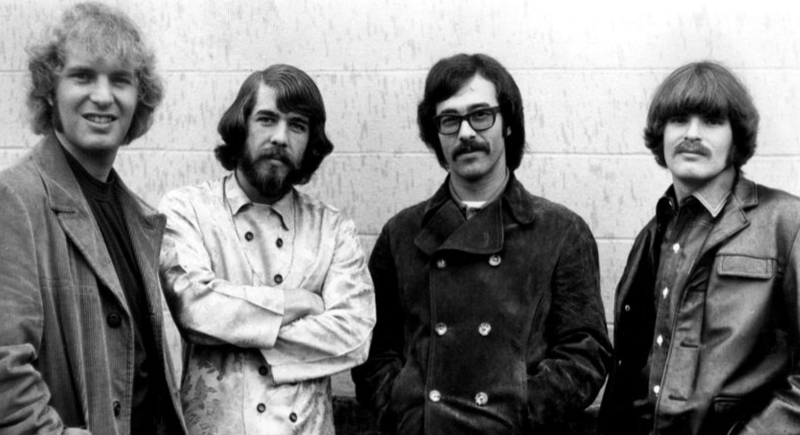
Credit: Wikimedia Commons
In just a few years, CCR cranked out a lifetime of road-tested anthems. Fortunate Son, Proud Mary, and Bad Moon Rising painted the heartland in raw, swampy rhythm. But that same drive led to repetition: six albums in four years left little room for change. Their sound was authentic and immediate, but it circled familiar waters.
Foreigner
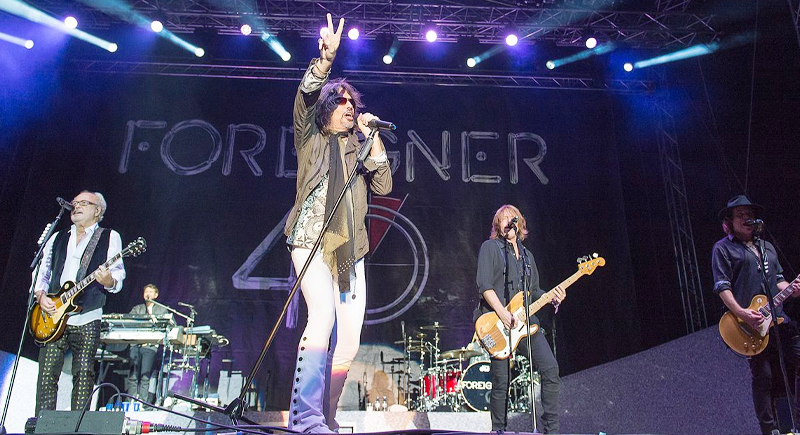
Credit: Wikimedia Commons
In the late 70s and 80s, Foreigner sounded tailor-made for FM radio. They nailed the mix of arena rock punch and slick production. Even their ballad I Want to Know What Love Is soared on the charts. Still, their music often stayed inside safe lines, said to be crafted to please but not to challenge.
AC/DC
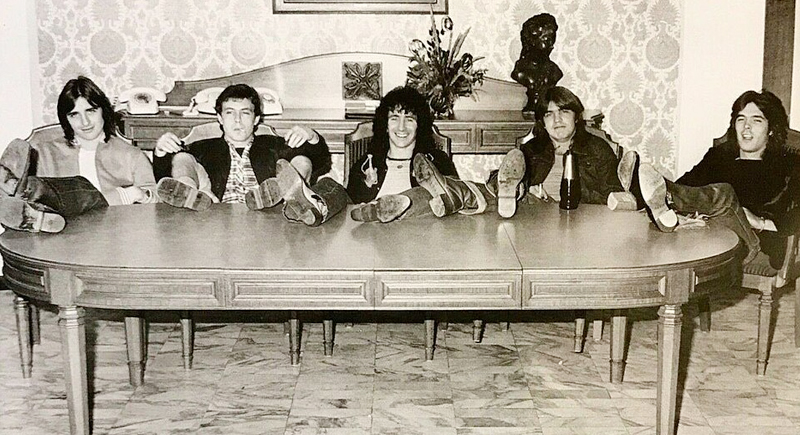
Credit: Wikimedia Commons
AC/DC sticks to its playbook. The guitars snarl, the drums pound, and the formula never wavers. Highway to Hell and Back in Black defined their sound early on, and they’ve been hammering that same groove ever since. It’s raw, loud, and built to last, but after so many albums, even their legendary thunder can start to sound a little familiar.
The Doors
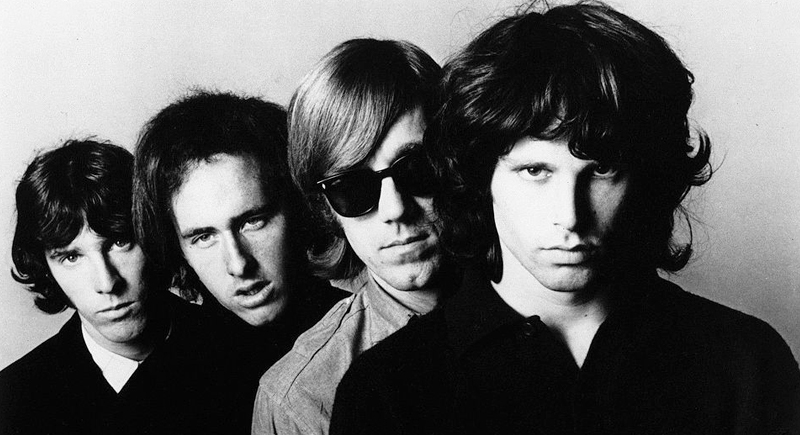
Credit: Wikimedia Commons
When The Doors appeared in the late ’60s, they sounded like nothing else on the radio. Jim Morrison’s hypnotic voice and cryptic lyrics gave their bluesy tone an eerie intensity, which turned songs like Light My Fire and Riders on the Storm into experiences. But as their fame grew, so did their excess. The performances became theater and the poetry became chaotic, especially with the lead singer’s ongoing mental health concerns.